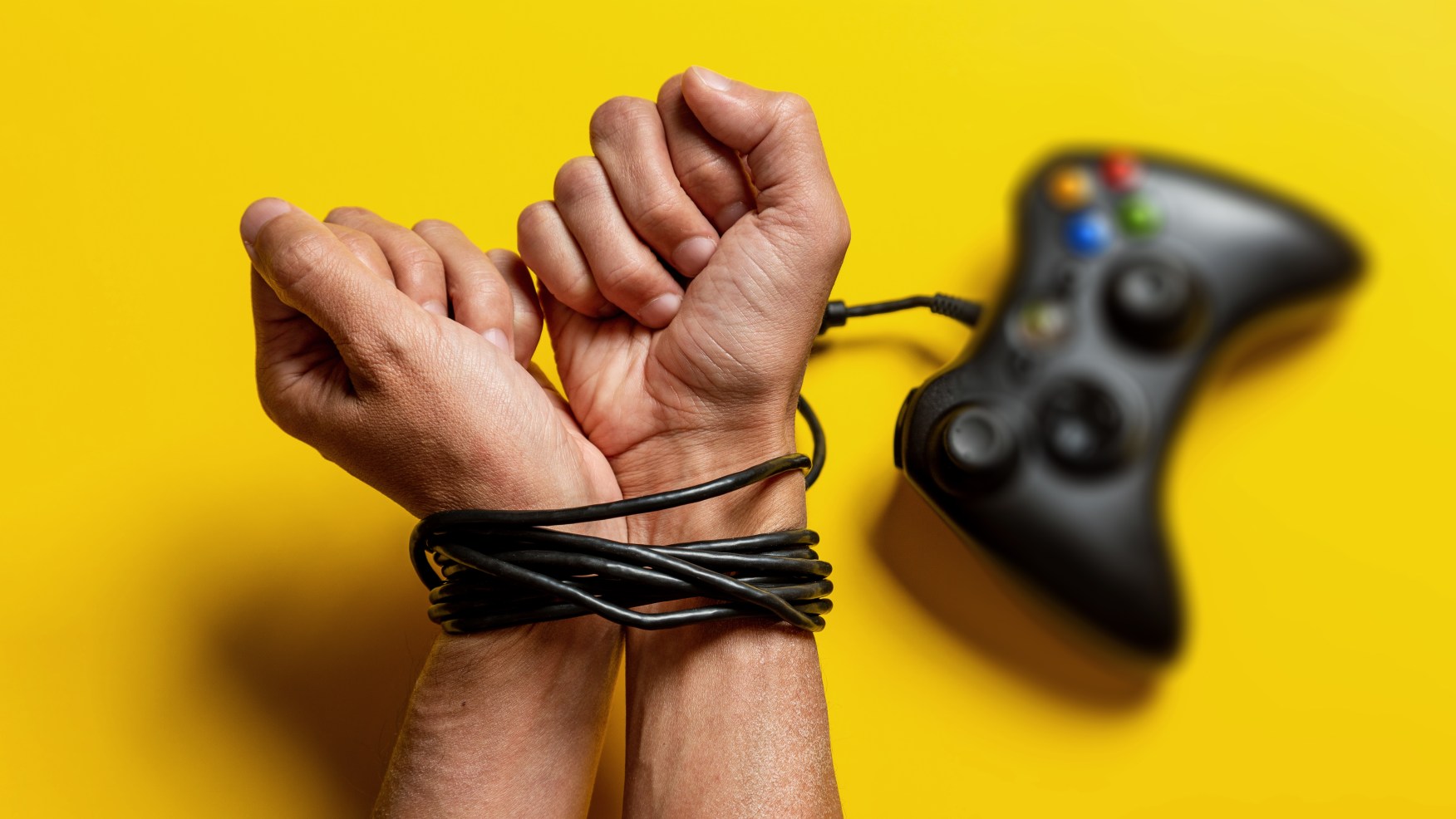Video Game Addiction: Symptoms, Causes, Treatment
What are the symptoms of video game addiction?
Video game addiction, also known as gaming disorder, is characterized by excessive and compulsive use of video games, leading to significant impairment or distress. Symptoms of video game addiction can vary, but may include:
- Preoccupation with video games: Spending a lot of time thinking about video games, even when not playing or planning when to play next.
- Withdrawal symptoms: Feeling restless, irritable, or sad when unable to play video games.
- Loss of interest in other activities: Losing interest in activities that were once enjoyable, such as hobbies, sports, or socializing, in favor of playing video games.
- Continued excessive use: Spending increasing amounts of time playing video games, often to the detriment of other responsibilities or activities.
- Inability to control gaming habits: Being unable to cut back or stop playing video games, despite attempts to do so.
- Neglecting personal or social responsibilities: Neglecting responsibilities at home, work, or school in favor of playing video games.
- Using video games to escape or relieve negative emotions: Using video games as a way to escape from problems, relieve stress, or cope with negative emotions.
- Deceiving others about gaming habits: Lying to family, friends, or others about the amount of time spent playing video games.
- Continuing to play despite negative consequences: Continuing to play video games, even when it leads to negative consequences such as poor grades, strained relationships, or financial problems.
- Jeopardizing or losing relationships: Neglecting or losing relationships with family and friends due to excessive gaming.
It’s important to note that not everyone who plays video games excessively has a gaming disorder. The diagnosis of gaming disorder is based on the presence of several of these symptoms over a period of time, as well as the degree of impairment or distress caused by the behavior. If you or someone you know is experiencing symptoms of video game addiction, it may be helpful to seek support from a mental health professional.
What are the causes of video game addiction?
Video game addiction, like other forms of addiction, is a complex and multifaceted issue that can be influenced by a variety of factors. Some potential causes or risk factors for video game addiction may include:
- Biological factors: Some individuals may be more predisposed to addiction due to genetic factors, brain chemistry, or other biological factors that affect impulse control and reward processing.
- Psychological factors: Certain psychological factors, such as low self-esteem, anxiety, depression, or a tendency toward sensation-seeking behavior, may increase the risk of developing a gaming addiction.
- Social factors: Social influences, such as peer pressure or a lack of social support, may contribute to the development of video game addiction.
- Environmental factors: Environmental factors, such as easy access to video games, a lack of parental supervision, or a stressful home environment, may increase the risk of developing a gaming addiction.
- Personality traits: Certain personality traits, such as impulsivity, sensation-seeking, or a tendency toward addictive behavior, may increase the risk of developing a gaming addiction.
- Escapism: Video games can provide an escape from real-life problems or stressors, and some individuals may use gaming as a coping mechanism, leading to excessive use and addiction.
- Reward system: Video games are designed to be rewarding and engaging, with features such as achievements, progression systems, and social interactions that can trigger the brain’s reward system and lead to compulsive gaming behavior.
- Co-occurring disorders: Video game addiction may co-occur with other mental health disorders, such as depression, anxiety, or ADHD, which can increase the risk of developing an addiction.
It’s important to note that not everyone who plays video games excessively will develop an addiction. The development of addiction is influenced by a combination of factors, and individual experiences may vary. If you or someone you know is experiencing symptoms of video game addiction, it may be helpful to seek support from a mental health professional.
What is the treatment for video game addiction?
Treatment for video game addiction typically involves a combination of therapeutic approaches, lifestyle changes, and support from family and friends. Some common treatment options for video game addiction include:
- Cognitive-behavioral therapy (CBT): CBT is a type of therapy that focuses on changing negative thought patterns and behaviors. It can help individuals identify triggers for gaming, develop coping strategies, and learn healthier ways to manage stress and emotions.
- Family therapy: Family therapy can be beneficial in addressing underlying family dynamics that may contribute to gaming addiction and in improving communication and support within the family.
- Individual therapy: Individual therapy can help individuals address underlying issues that may contribute to gaming addiction, such as depression, anxiety, or low self-esteem.
- Support groups: Support groups, such as Gamblers Anonymous or online gaming addiction forums, can provide a sense of community and support from others who are going through similar experiences.
- Lifestyle changes: Making lifestyle changes, such as establishing a regular sleep schedule, engaging in physical activity, and pursuing hobbies or activities outside of gaming, can help reduce the urge to game excessively.
- Limiting access to games: Setting limits on gaming time, removing gaming devices from the bedroom, and monitoring or restricting access to online gaming platforms can help reduce the risk of relapse.
- Medication: In some cases, medication may be used to treat underlying mental health conditions, such as depression or anxiety, that may contribute to gaming addiction.
- Parental involvement: For adolescents and children with gaming addiction, parental involvement and monitoring of gaming habits can be important in addressing the issue.
It’s important for individuals with gaming addiction to seek support from mental health professionals who are experienced in treating addiction. Treatment plans should be tailored to the individual’s specific needs and may involve a combination of different approaches. With appropriate treatment and support, it is possible to overcome video game addiction and develop healthier habits.




